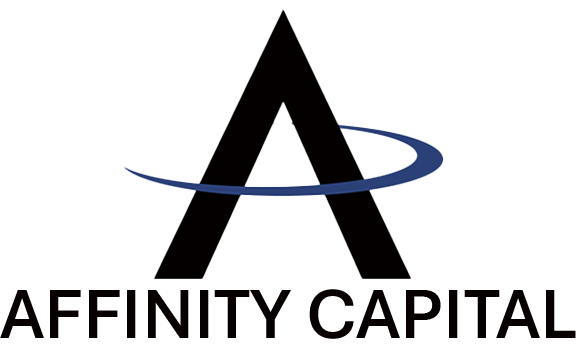401(k)s and Alternative Investments – Opportunity and Caution
Aug 21, 2025

For decades, most 401(k) plans offered a familiar mix of mutual funds and target-date funds. Now, recent regulatory developments are expanding the menu to include alternative investments—private equity, private credit, real estate, hedge fund strategies, and other non-traditional assets.
This shift introduces both exciting possibilities and important risks for retirement savers.
The Potential Upside
Alternative investments can offer benefits that traditional 401(k) menus often lack:
- Broader diversification – By adding exposure beyond public stocks and bonds, alternatives may help smooth long-term returns.
- Enhanced return potential – Private markets have, in some cases, outpaced public markets over long holding periods.
- Access once reserved for institutions – 401(k) participants can now tap strategies once limited to pensions, endowments, and ultra-wealthy investors.
The Risks You Shouldn’t Ignore
Of course, alternatives come with real trade-offs:
- Complexity – Unlike public markets, private investments are less transparent and harder to evaluate.
- Liquidity constraints – Many strategies lock up capital for years, which can limit flexibility.
- Higher fees – Management and performance fees can significantly reduce net returns.
- Manager selection risk – The performance gap between top- and bottom-tier managers is wide, and choosing poorly can lead to disappointing results.
Why Guidance Matters More Than Ever
The inclusion of alternatives in 401(k)s isn’t a signal to rush in—it’s an invitation to proceed carefully and strategically. Professional advice can help you:
- Assess whether alternatives align with your time horizon, risk tolerance, and overall retirement strategy.
- Weigh whether potential returns justify the added costs and complexity.
- Size allocations appropriately so they enhance diversification rather than introduce unnecessary risk.
Bottom Line
The addition of alternatives to 401(k) plans is a meaningful evolution in retirement planning. For some investors, these options could strengthen portfolios; for others, they may create unnecessary complications. The difference will depend on thoughtful allocation, due diligence, and ongoing monitoring—areas where professional advice makes all the difference.
The investment landscape is always evolving, and your retirement plan should evolve with it. Whether alternatives belong in your 401(k) depends on your unique goals, comfort with risk, and long-term strategy. Our role is to help you sort through the noise, weigh the trade-offs, and make decisions with confidence. It’s all part of our commitment to Wealth Management for Life—guidance designed to grow with you, not just for today, but for every stage of your financial journey.

